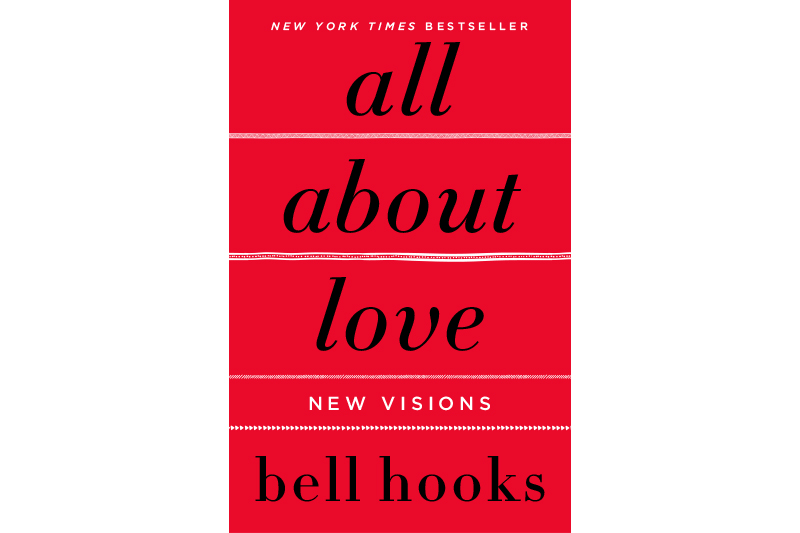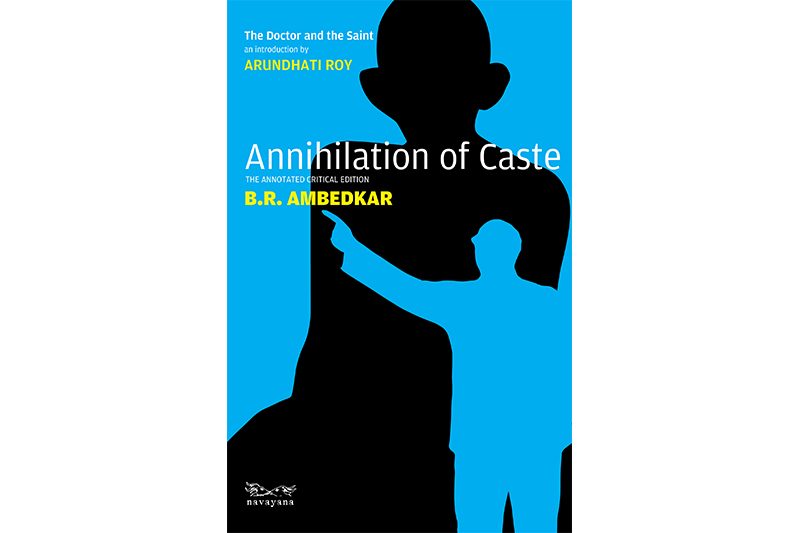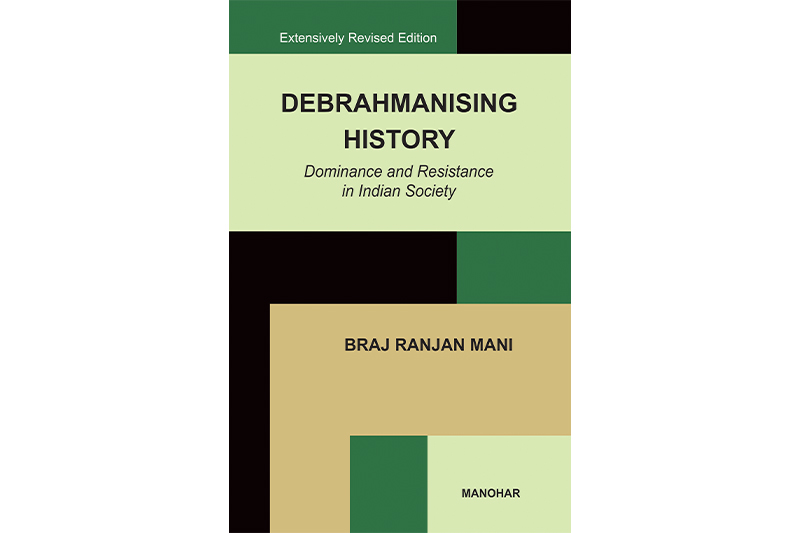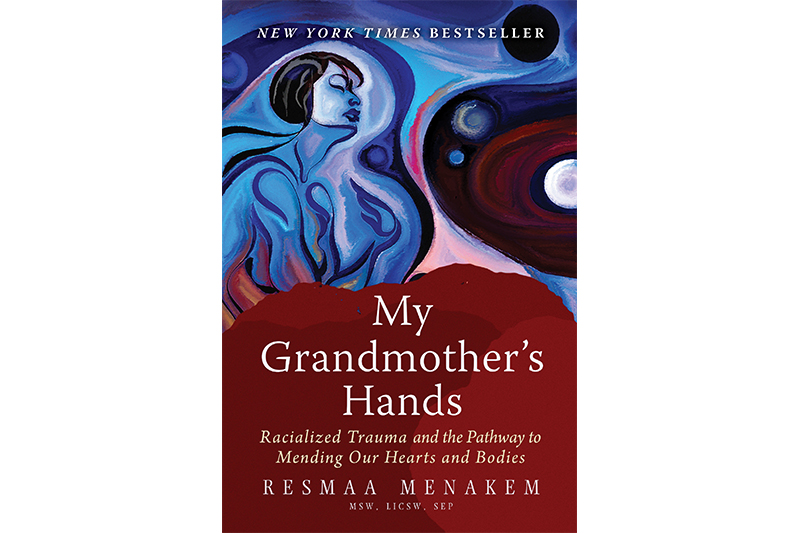“I dream of a future where all South Asian people can live free from discrimination based on birth, descent or work. After centuries of dehumanisation under caste, we will really understand what it means to be limitless bodies who can explore opportunity, joy and coexistence—not just with each other, but with other species and with the earth,” shares Thenmozhi Soundararajan.
‘Dalit’ is the name chosen for themselves by the community who were declared ‘untouchable’ by the traditional Indian caste system. As a Dalit activist, artist and technologist, Soundararajan most recently penned The Trauma of Caste: A Dalit Feminist Meditation on Survivorship, Healing and Abolition.

A big impetus for the book, Soundararajan says, was the pandemic, the subsequent uprising against police violence in the United States and the various political issues the country has faced in recent years. “These events could be traumatic alone, but all of them put together really point to a deep systemic crisis,” Soundararajan notes. “As societies grew more polarised and more bitter, I was compelled to think about the ways that dominator culture wounds us and how we can heal from that—especially having seen the pain of polarisation in the South Asian context, and thinking about how many mass atrocities have occurred in the name of caste.”
Ultimately, The Trauma of Caste embodies the revolutionary force that healing can be. It provides a better understanding of the Dalit struggle, and also offers a clear idea of the ways systems of violence are perpetuated and how we can heal from them.
Soundararajan adds, “I hope it offers a pathway for all people to better understand systems of oppression. This book explores the specific context of caste, but it also opens up a conversation about what is happening in the bodies of the oppressed and the privileged when you have a dominator system. That’s something we rarely think about. Whether it’s racism, classism or patriarchy, we focus a lot on the consequences for the oppressed, but we don’t look at what is happening in the psychology of the privileged. That’s often the biggest barrier for improving social relations and civil rights.”
“These books remind me that love is my ultimate inheritance from my Dalit ancestors”
With great regard for the people who have fought for the cause before her, she rounds up eight reads that inspire all to make a difference. “I cherish these books deeply. They have helped to ground me in my roots and inspired me to chart new paths for my people. Most of all, they remind me that love is my ultimate inheritance from my Dalit ancestors—for I am a daughter of slaves and the result of a thousand generations of love.”

1 / 8
All About Love: New Visions by bell hooks
“So many of hooks’s books have shaped me, but this one in particular offers healing, especially in thinking about how love is the antidote to dominator politics.”

2 / 8
Annihilation of Caste by BR Ambedkar
“There is a reason this book is sold for free by Dalits around the world, and it’s because this is a powerful medicine to the poison of caste. Dr Ambedkar is a towering figure of Dalit liberation and the Indian freedom struggle. This was one of the first books I read on caste abolition and his fiery words still ring true today.”

3 / 8
Debrahmanising History by Braj Ranjan Mani
“Deconstructing the history of the Indian subcontinent from the lens of the caste-oppressed, this title is necessary reading for all caste abolitionists. It introduces the idea of debrahmanising—the practice of decolonising and removing caste from all societies—and offers inspiring examples of caste abolitionists throughout the ages.”

4 / 8
Gulamgiri (Slavery) by Mahatma Jyotiba Phule
“One of the first books written on caste, Gulamgiri’s compelling depictions of caste slavery issue a powerful, global call for freedom and an end to all dominator systems.”

5 / 8
Karukku by Bama
“This is a beautiful Dalit feminist autobiography. Bama’s words opened up worlds of possibility for me—describing the binds of Dalit women while also charting a powerful course for Dalit emancipation.”

6 / 8
Mindful of Race by Ruth King
“King shares practical ways to use mindfulness as a tool to heal from race and to explore one’s own lineage. Insightful and powerful, her work is a much-needed balm in these divided times.”

7 / 8
My Grandmother's Hands by Resmaa Menakem
“This book is a road map for connecting with our ancestors, remembering the body in the face of dominator systems and finding a path of healing against racism.”

8 / 8
No Mud No Lotus by Thich Nhat Hanh
“This simple book explores the power of transforming suffering into healing. If we learn to use suffering for positive growth instead of avoiding it, it can open up new possibilities for change.”





